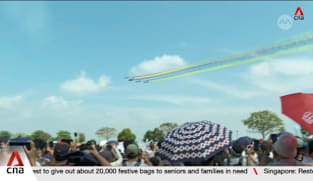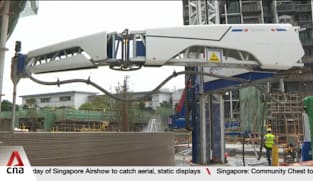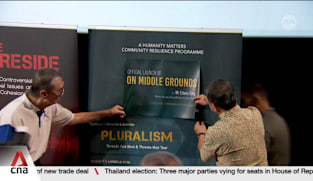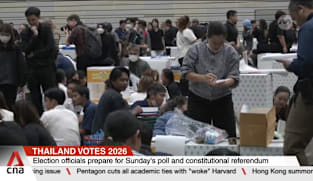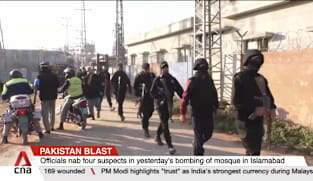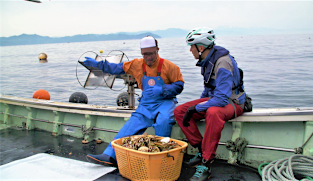Committee of Supply 2024 debate, Day 1: Ng Eng Hen on new fighter jets and defence spending
Singapore will buy eight F-35A fighter jets as it builds up a next-generation air force to serve its security needs. The jets, when operational, will lift the RSAF into the “premier league”, Defence Minister Ng Eng Hen told Parliament on Wednesday (Feb 28). The planes are expected to be delivered around 2030. Together with an existing order of F-35Bs, they will take Singapore’s fleet of the US-made aircraft to 20 - replacing the ageing F-16s. Dr Ng said F-35 prices are now more competitive and it is the right time to buy, even if MINDEF had to “deprioritise other projects for this opportunity”. He did not reveal the cost of the jets. However, his ministry’s overall expenditure will hit S$20.2 billion in Financial Year 2024/25, up 2.5 per cent. The share of defence spending as a percentage of Gross Domestic Product (GDP), though, has fallen over the years. This, as it has been outpaced by economic growth and as the country reaps dividends from sustained spending to build a strong military over the long term. Defence expenditure is expected to stay in the range of three per cent of GDP over the next decade, barring conflicts and wars, said Dr Ng. Yet he warned that the risk of regional and even global conflict in the same period “has become non-zero”, making a strong Singapore Armed Forces all the more imperative.
Singapore will buy eight F-35A fighter jets as it builds up a next-generation air force to serve its security needs. The jets, when operational, will lift the RSAF into the “premier league”, Defence Minister Ng Eng Hen told Parliament on Wednesday (Feb 28). The planes are expected to be delivered around 2030. Together with an existing order of F-35Bs, they will take Singapore’s fleet of the US-made aircraft to 20 - replacing the ageing F-16s. Dr Ng said F-35 prices are now more competitive and it is the right time to buy, even if MINDEF had to “deprioritise other projects for this opportunity”. He did not reveal the cost of the jets. However, his ministry’s overall expenditure will hit S$20.2 billion in Financial Year 2024/25, up 2.5 per cent. The share of defence spending as a percentage of Gross Domestic Product (GDP), though, has fallen over the years. This, as it has been outpaced by economic growth and as the country reaps dividends from sustained spending to build a strong military over the long term. Defence expenditure is expected to stay in the range of three per cent of GDP over the next decade, barring conflicts and wars, said Dr Ng. Yet he warned that the risk of regional and even global conflict in the same period “has become non-zero”, making a strong Singapore Armed Forces all the more imperative.










